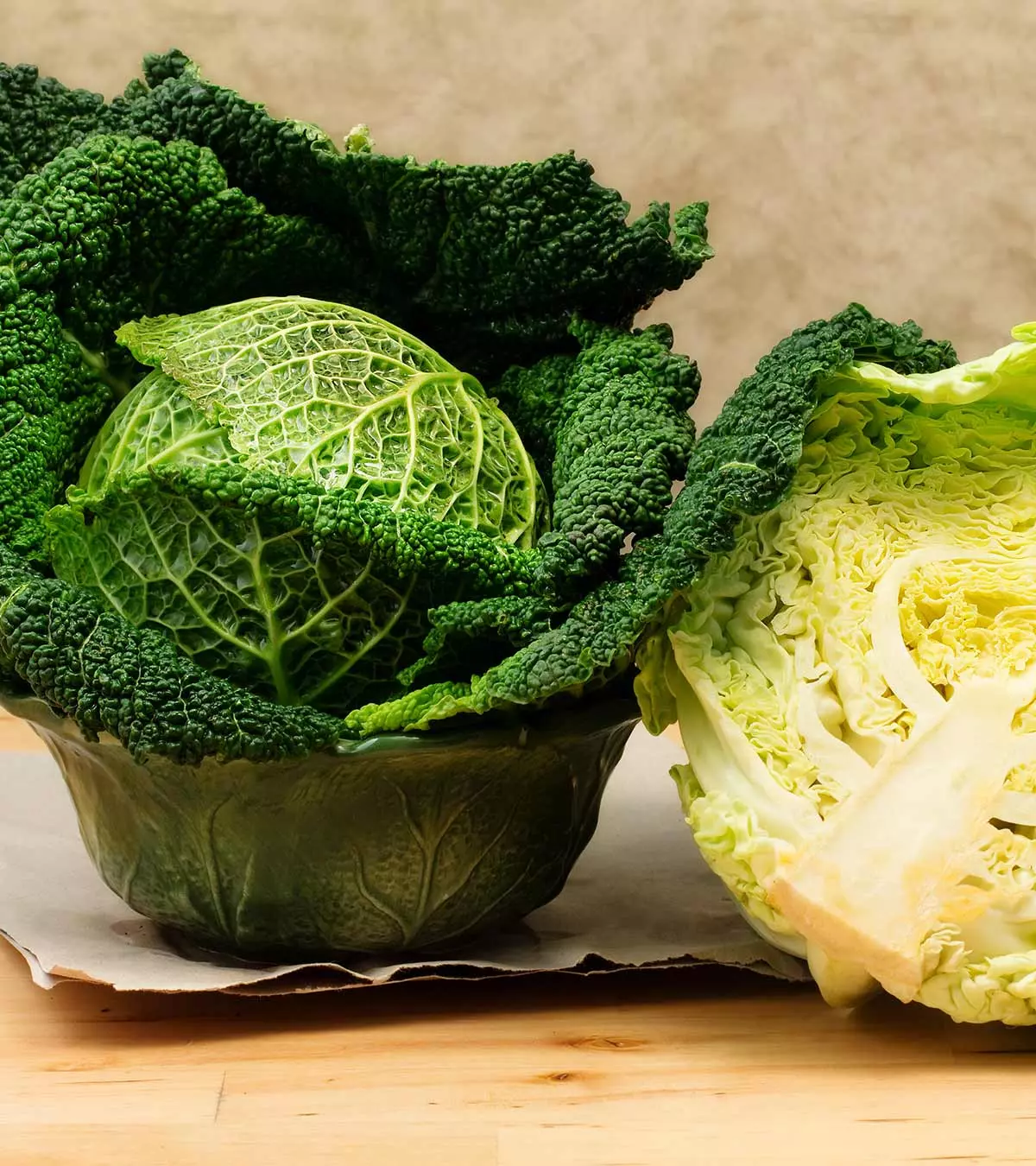
Image: ShutterStock
Clove oil is made of cloves and has many medicinal uses. Still, is it advisable to use clove oil when pregnant? Clove oil has traditionally been used in various cultures for its health benefits, particularly for dental and gastrointestinal problems, such as toothache, diarrhea, halitosis, nausea, vomiting, gas, indigestion, and hernia. Scroll through our post to know about the types, safety, and side effects of using clove oil in pregnancy.
Key Pointers
- Clove oil is made from cloves and has many medicinal uses, particularly treating toothache and nausea.
- Clove oil is mainly considered safe during pregnancy in small amounts.
- However, it is best to consult a doctor before using clove oil during pregnancy.
- Clove oil is mainly used to treat diarrhea, sore throat, bad breath, and hernia.
- Using clove oil in large quantities during pregnancy can lead to side effects such as breathing difficulties, increased heartbeat, dizziness, and burning in the mouth or throat.
What Is Clove Oil?
Clove is an herb, and its oil, clove oil, is commonly used as a natural medicine for various ailments. It is known for its effectiveness in treating conditions like diarrhea, bad breath, and hernia. Essential oils like clove oil have become increasingly popular in aromatherapy due to their natural healing properties and antiseptic qualities. In some cases, it is also used as a safe alternative to treat conditions like nausea, vomiting, indigestion, and intestinal gas.
 Quick fact
Quick factIs It Safe To Use Clove Oil During Pregnancy?
Using small amounts of clove oil is generally safe during pregnancy, as it may help boost immunity and support overall health.
However, it is crucial to consult with your doctor and obtain confirmation before using clove oil. While insufficient information is available to assess its safety during pregnancy, it is best to exercise caution until your doctor advises otherwise to ensure fetal and maternal health and safety.
Using Clove Oil To Treat Tooth Pain While You Are Pregnant

Image: Shutterstock
Once your doctor gives you the go-ahead, you can use clove oil to treat tooth pain at home.
Take a whole clove and chew on the same slowly. The oils that the clove releases will seep into your sore tooth and gums, and help treat your toothache in a safe and natural way. Even though clove oil is available in the market, it is better to use a clove.
Large quantities of clove oil can cause significant damage to the nerve, and trigger many changes in the fetus’s physiology. Make sure you do not chew more than one or two cloves a day. Once the clove oil starts to flow, you will notice a considerable amount of relief from pain as early as within half an hour.
Clove oil has been found to increase the release of oxytocin, which may help in prenatal care and labor pain management. It may also effectively treat acne and stress relief in pregnant women. However, more studies are warranted to confirm the benefits of clove oil for expectant mothers.
 Quick tip
Quick tipWhat Are The Types Of Clove Oil?

Image: Shutterstock
Clove oil occurs in three variants when you purchase it from the market. Here are the three types:
- Bud oil: It is the oil that is derived from the flower buds of the clove plant.
- Leaf oil: It is the oil that is derived from the leaves of the clove plant.
- Stem oil: It is the oil that is derived from the twigs of the clove plant.
Does Using Clove Oil During Pregnancy Have Any Side Effects?
Clove oil has been used as a traditional herbal medicine for centuries, and may offer potential benefits for maternal health during pregnancy. But, taking clove oil in large quantities can cause significant side effects and damage your health. It can be harmful when you are pregnant, as it can not only affect you but can also cause health complications in your unborn baby. Here are some of the side effects of using too much clove oil:
- It can cause significant difficulty in breathing.

Image: Shutterstock
- Your heartbeat can increase
- You may experience sudden sleepiness or dizziness.
- A sudden episode of diarrhea
- A sore throat
- Burns in the mouth or throat
- In severe cases, it can also lead to bleeding in your intestine as well as kidney or liver failure.
Make sure to consult your gynecologist to discuss the dosages and frequency to prevent any potential side effects.
Frequently Asked Questions
1. Can cloves cause miscarriage?
There’s currently no evidence that cloves can cause miscarriage. Moderate intake of clove during pregnancy is generally considered safe, but its excessive intake can cause health issues, which may include miscarriage risk.
2. Are cloves beneficial during early pregnancy?
Traditional and folk medicine uses cloves to treat and/or manage several ailments, such as congestion and morning sickness, and is believed to have some health benefits for expecting women. However, scientific evidence on cloves’ benefits during early pregnancy is sparse.
3. Can I drink clove water during early pregnancy?
Clove water’s safety for expectant mothers is unknown. Thus, pregnant women should consume clove water only after consulting with their doctor.
4. Are there any natural alternatives to clove oil for pain relief from toothache during pregnancy?
Yes, since clove oil has several side effects, you may use safer alternatives. These alternative treatments include rinsing the mouth with warm salt water, using cold compresses on the cheeks to reduce swelling, placing crushed garlic on the affected tooth, and using turmeric paste with water.
You may use smaller quantities of clove oil when you are pregnant if your healthcare provider permits. Detailed safety information on clove oil is currently not available, and overconsumption may negatively affect pregnant women. This may cause increased heartbeat, breathing difficulties, throat pain, dizziness, sleepiness, and diarrhea. You may chew a clove or use prescription pain reliefs instead of clove oil for tooth pain in pregnancy. Excess amounts can also burn the mouth or throat and cause intestinal irritation and bleeding. Seek immediate medical care for side effects.
Infographic: Adverse Effects Of Using Clove Oil In Pregnant Women
Using cloves can be good for treating toothache during pregnancy but it may have some side effects as well. While not all pregnant women will be affected, it is important to be aware of these potential side effects. So, check out the infographic below to learn about some common side effects of using clove oil when pregnant.

Illustration: Momjunction Design Team
Illustration: Is It Safe To Use Clove Oil During Pregnancy?

Image: Stable Diffusion/MomJunction Design Team
References
- Eugenol (Clove Oil).
https://www.ncbi.nlm.nih.gov/books/NBK551727/
Community Experiences
Join the conversation and become a part of our nurturing community! Share your stories, experiences, and insights to connect with fellow parents.
Read full bio of Jyoti Benjamin
Read full bio of Ria Saha
Read full bio of Swati Patwal
Read full bio of Lorraine Teron


















